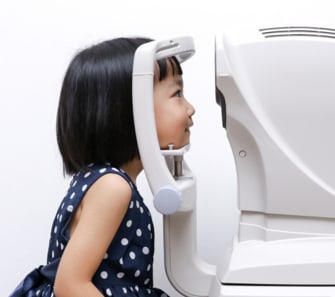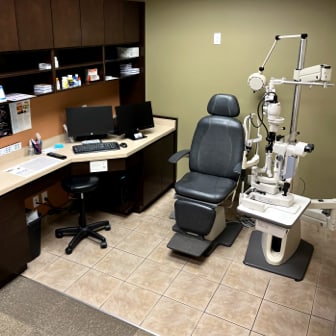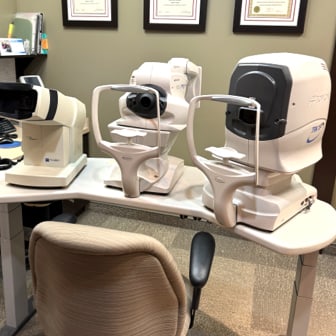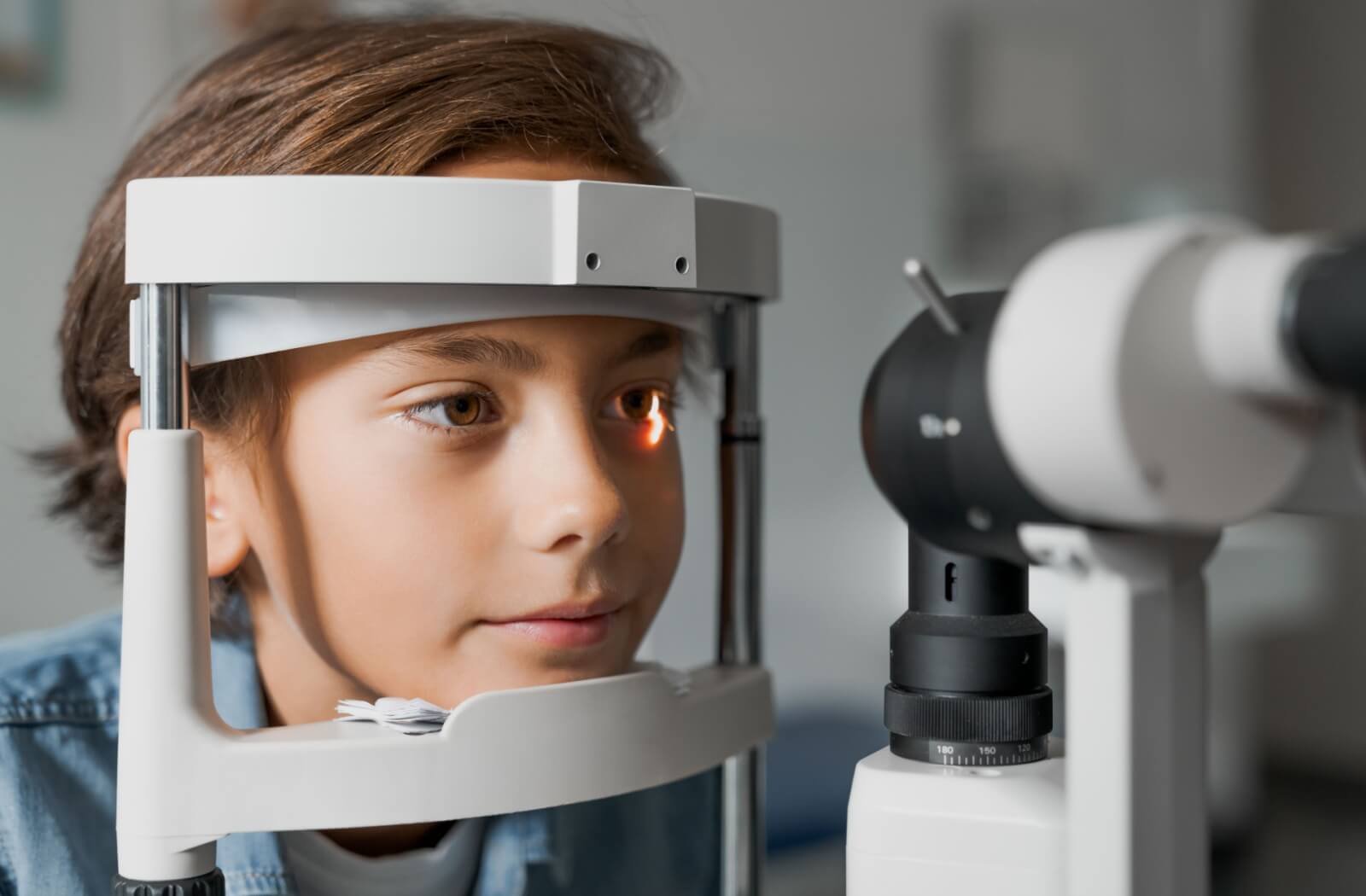Conjunctivitis is commonly referred to as pink eye or red eye. True “pink eye” is an aggressive bacterial infection of the front surface of the eye. This is extremely contagious and needs to be treated as soon as possible to prevent further spreading of the condition.
Luckily, most red eyes are not “pink eye” but still require medical treatment to provide relief. There is an increased likelihood of exposure to the contagious versions for those who work in close proximity with others. This includes classroom settings, daycares, and all levels of school through to universities.
Conjunctivitis is the result of the front surface of our eye being inflamed – the thin, clear tissue that covers the white part of our eyes and lines inside the eyelid.
Conjunctivitis Symptoms
The symptoms of conjunctivitis may present in one or both eyes. They are:
- Itching sensation of the eyes
- Burning sensation of the eyes
- Blurred vision
- Increased sensitivity to light
- Redness on the white of the eye or inner eyelid
- Excess amount of tears
- Thick, yellow discharge that crusts over the eyelashes (especially after a night of sleep)
- Green or white discharge from the eye
If you are experiencing any of the above symptoms, please book in with one of our Optometrists.
Conjunctivitis Treatment
Treatments for conjunctivitis vary depending on the cause and the symptoms that are presenting. To ensure effective treatment of your conjunctivitis, a proper diagnosis is needed from one of our Optometrists.
Possible Causes of Conjunctivitis and Their Treatments
- Bacteria (Bacterial Conjunctivitis) – The typical course of action our Optometrists will take for treating bacterial conjunctivitis will be a specific regimen consisting of one or more of the following:
- Antibiotic Eye drops
- Oral medication
- Medicated ointment.
- Lid hygiene
- Viruses (Viral Conjunctivitis) – Antibiotics will not have any effect on viral conjunctivitis, however prescription anti-inflammatory drops can work wonders at decreasing the symptoms and shortening the duration of the infection. As viral conjunctivitis is highly contagious, good personal hygiene and avoiding contact with others is recommended.
- Irritants – If your conjunctivitis is the result of less harmful irritants like shampoos, dirt, smoke, or chlorine from pools, your eyes will need to be rinsed thoroughly for several minutes. If the irritation is the result of an acid or alkaline substance, like cleaning chemicals, immediate medical attention will be required. After rinsing, if your eye is still bothering you, please see one of Optometrists as soon as possible.
Allergies (Allergic Conjunctivitis) – For those who suffer from seasonal allergies, dust mite allergens, and pet allergens, there are now excellent prescription allergy eye drops that our Optometrists can prescribe to immediately curb your symptoms and relieve your eye discomfort.
Please avoid over the counter eye drops such as Visine which affects the blood vessels on the surface of the eye.


























